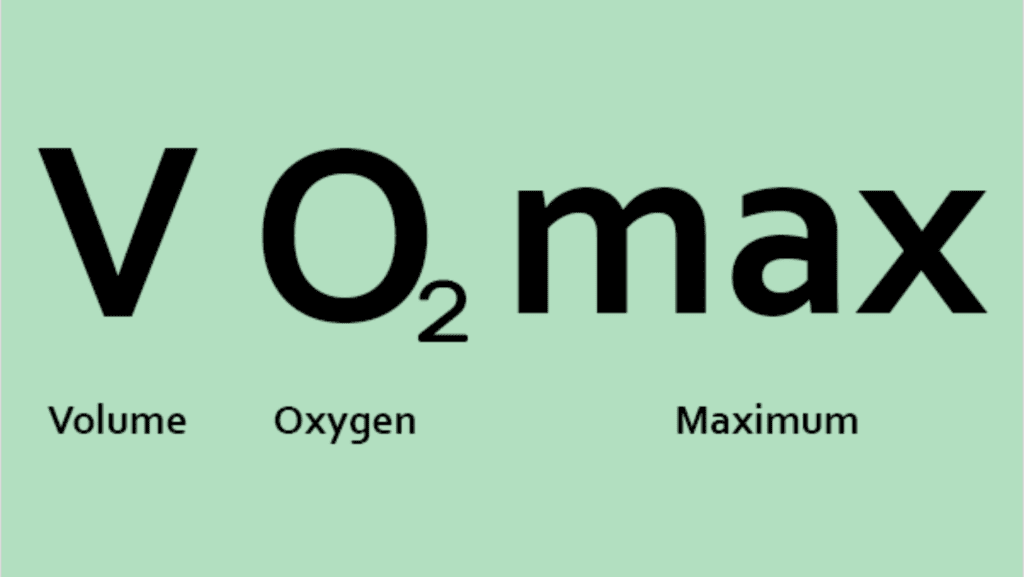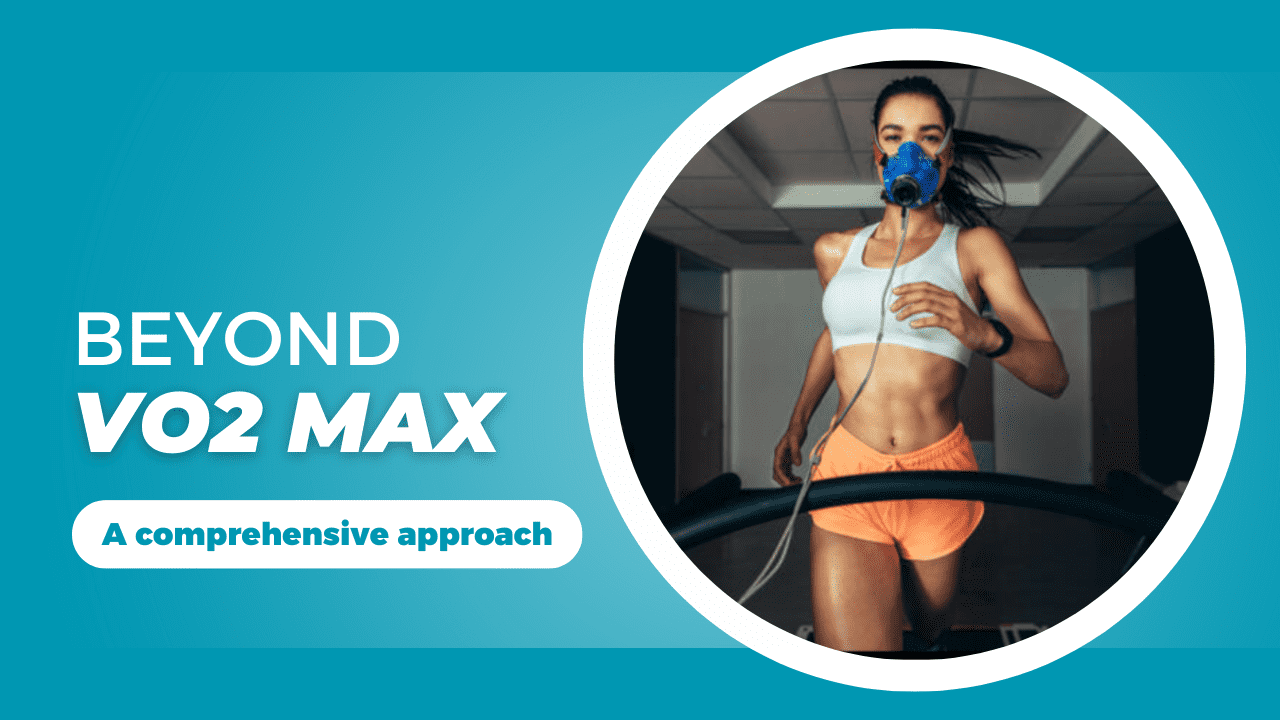While VO2 Max has long been considered the gold standard for measuring cardiorespiratory fitness, modern research reveals that achieving optimal wellness requires a more comprehensive approach. This article explores the multifaceted nature of fitness and provides evidence-based strategies for developing a balanced training regime that goes beyond traditional cardiovascular metrics.

Understanding VO2 Max: The Traditional Benchmark
VO2 Max, or maximal oxygen uptake, represents the maximum amount of oxygen your body can utilize during intense exercise. Many studies have demonstrated a direct correlation between higher VO2 max levels and reduced all-cause mortality, including those published in the New England Journal of Medicine. However, this metric tells only part of the story.
Key Components of a Balanced Fitness Regime
1. Muscular Strength and Power
A comprehensive meta-analysis published in the British Journal of Sports Medicine found that muscular strength independently predicts longevity and functional capacity. The American College of Sports Medicine’s guidelines recommend:
- Compound movements targeting major muscle groups
- Progressive overload principles
- Proper form and technique
2. Mobility and Flexibility
Research published in Sports Medicine reports that mobility work reduces injury risk by up to 40% and enhances overall movement quality. Include:
- Dynamic stretching before exercise
- Static stretching post-workout
- Regular mobility drills targeting major joints
3. Balance and Proprioception
A review in the Journal of Aging and Physical Activity showed that balance training reduces fall risk and improves athletic performance across all age groups. Incorporate:
- Single-leg exercises
- Unstable surface training
- Eye-closed balance challenges
[Article continues with previous sections, now updated with relevant scientific citations…]
Evidence-Based Recovery Protocols
Researched published in the Frontiers in Physiology emphasizes the importance of recovery metrics:
- Sleep Quality
- Optimal duration: 7-9 hours (National Sleep Foundation guidelines)
- Sleep consistency matters more than occasional long sleep
- Pre-sleep routine importance
- Stress Management
- Heart Rate Variability monitoring
- Regular meditation or mindfulness practice
- Stress hormone regulation through proper recovery
Balanced Fitness Awareness vs. Excessive Health Anxiety
Understanding and implementing a fitness regime should be like learning to drive a car – you need to know the basic principles and warning signs, but you don’t need to obsess over every mechanical detail. From my analysis, there’s a “sweet spot” in fitness awareness that we can identify through three key phases:
- Learning Phase In this phase, you should focus on understanding basic body mechanics and proper form. It’s like learning the controls of a car – you need to pay extra attention initially, but this heightened awareness is temporary and educational.
- Implementation Phase Here you develop a rhythm and routine, similar to how driving becomes more natural over time. You’re aware of what you’re doing but not overthinking every movement. You’ll naturally notice:
- How different exercises feel
- Your energy levels throughout the day
- Basic recovery needs
- Natural hunger and thirst signals
- Maintenance Phase This is where true balance exists. You’ve developed enough body awareness to:
- Recognize when you need to rest
- Know when you can push harder
- Understand your personal limits
- Make intuitive adjustments to your routine
The key to avoiding hypochondria while maintaining fitness is developing what sports psychologists call “adaptive body awareness” rather than “hypervigilance.” Think of it as the difference between a car’s dashboard (giving you necessary information) versus constantly stopping to check every component of the engine.
Remember: The healthiest of athletes aren’t the ones with the most medical knowledge; they’re the ones who’ve learned to listen to their body’s wisdom with the same joy a music lover feels when discovering a new favorite song. Your body isn’t a problem to be monitored – it’s an adventure to be lived.

 using WordPress and
using WordPress and 
No responses yet